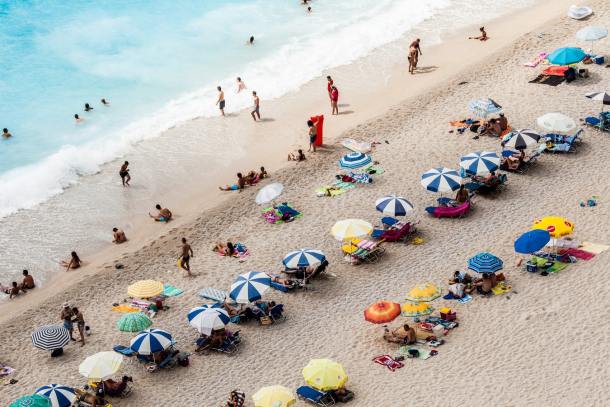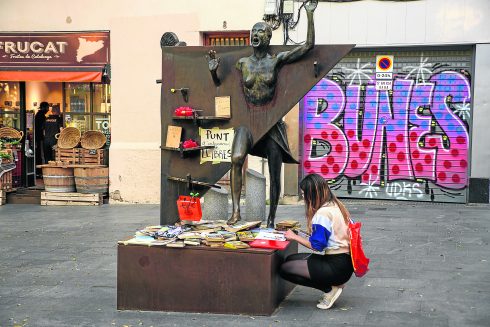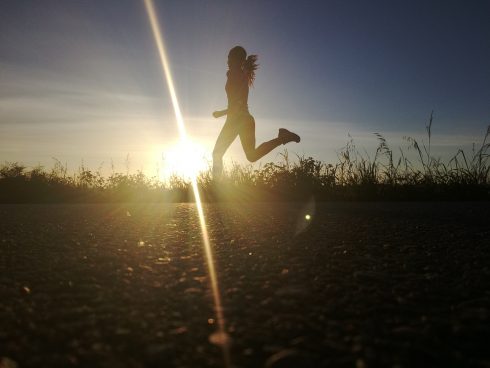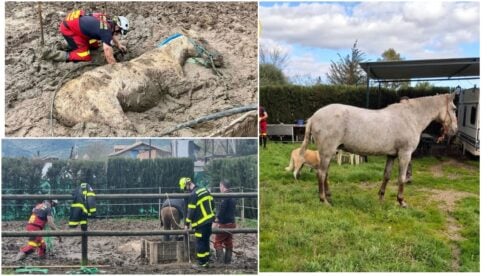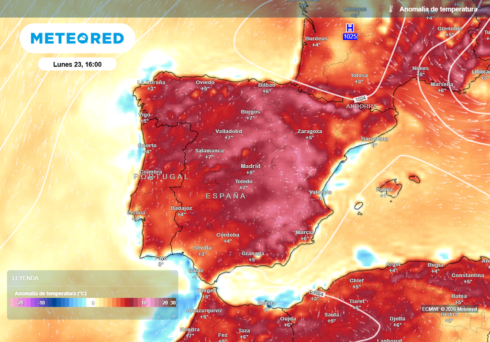WHILE Malaga, Granada and parts of Valencia are looking forward to entering Phase 1 of the COVID-19 de-escalation plan tomorrow, other areas will be passing into Phase 2.
These include three islands in the Canary Islands and the Balearic Island of Formentera.
Much of Andalucia – and hopefully Malaga and Granada – are on schedule to enter Phase 2 on May 25, after Phase 1 ends.
But what extra freedoms are awarded in the next stage?
Social gatherings, sports and walks: Friends and family can meet in groups of up to 15 instead of 10. People will be allowed outdoors for walks or exercise at anytime, apart from 10am to 12pm and 7pm to 8pm, which are reserved for children and over 70s respectively.
Shopping centres: Large centres will be permitted to open at a reduced capacity (40%), with social distancing measures among customers. Meanwhile, hanging out in their common and recreational areas will be prohibited. Over 65s will have their own timetable to visit the centres.
Bars and restaurants: The inside of restaurants will be permitted to open but only at 40% capacity and with no customers allowed at the bar. There must be safe distances between customers and their tables (apart from people sitting at the same table). There can be no self-service options and sharing of menus should be avoided. Late night bars and nightclubs will not open until Phase 3.
Cinemas, theatres, auditoriums, concert and exhibition halls: All will be permitted to open but at 33% capacity and with assigned seating for spectators. Indoor cultural events and shows have a 50-people capacity limit and cannot exceed a third of the venue’s physical capacity. The maximum capacity for outdoor venues will be 400. All will have to install protective measures, including screens in the reception area, while posters will be put up informing visitors of social distancing and health protocols.
Safe distances must be able to be kept to during the queuing, entering and exiting of visitors.
Beaches: People will be allowed to visit the beach while respecting hygiene and social distancing rules and in groups of no more than 15. There must be two metres between each beachgoer, with possible markings on the ground to guide sunbathers. All personal objects, such as towels and bags, must remain within the two-metre area, avoiding contact with other people.
Places of worship: The capacity of places of worship will expand from a third to 50%.
Sports: Basic individual training will be allowed for non-federated competitors, along with full group training in professional leagues. This will include the possibility of holding competitions/matches behind closed doors or with capacity limits. Indoor sports facilities can reopen for the practice of non-contact sports and those in which the risk of COVID-19 contagion is low. Swimming pools will be allowed to reopen, for sports and leisure, but at a 30% capacity. No showers or changing rooms will be open for use and all users must be kept two metres apart.
Hotels: Already permitted to open, in Phase 2 that will extend to their common areas. Indoor areas must be ventilated two hours before being opened and will be limited to a third of their usual capacity.
School and universities: Children up to six whose parents cannot work from home will be allowed to return to school. Secondary school students will be given the option to return but in classes no larger than 15, with students being divided into two separate and alternating groups. Special education centres can also reopen and EBAU exams can be carried out with extra hygiene measures in place.
Social services: People will be permitted to visit relatives with disabilities who are living in special housing, unless they are in nursing homes. Visits must be made by appointment and with the appropriate protective equipment.
Weddings and wakes: Weddings can go ahead but venues cannot fill more than 50% of their capacity with a maximum guest list of 50 for indoor nuptials and 100 for outside. Wakes have already been extended to allow 25 people during Phase 1, excluding the minister/priest.
Click here to read more Spain News from The Olive Press.

